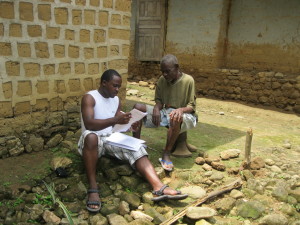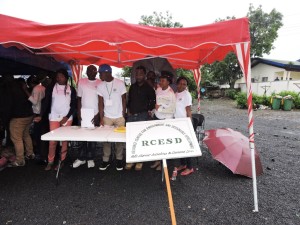Mbunya Francis Nkemnyi January 15, 2021
RCESD Participates in the South-South Cooperation on Sustainable Consumption and Production Patterns
In an attempt to reduce social, economic and political dependence of countries in the Southern hemisphere on countries in the Northern hemisphere, the United Nations (UN) Environment formed the South-South cooperation under the initiative called the ten year framework (10YF) program. The main goal of the south-south cooperation is to enable exchange of resources and technological knowledge between developing countries.
The executive director of the RCESD, Mr. Mbunya Francis participated in the South-South Cooperation Conference on Sustainable Consumption and Production Patterns, which took place on the 6th and 7th of February 2017 in Brazilia, Brazil, organized by the Brazilian Ministry of Environment and the UN Environment. Participating in the conference were government representatives of different African, South American and some Asian countries and funding bodies such as the World Bank.
The executive director of RCESD, on the record explained, “The main aim of this session of the conference was to share ideas that are working in different developing countries and derive means of actual collaboration”. He further revealed that the main purpose of representing RCESD in the conference was under the capacity of a beneficiary to the 10YF program on promoting a sustainable lifestyle and consumption. During the conference, he did a presentation on the concept behind the music for environment project (a 10YF project), i.e using music as a tool for promoting sustainable environmental practices.
In accord with the South-South cooperation, RCESD creates partnerships with other developing countries given that we face similar challenges. The conference therefore was an opportunity for RCESD to meet representatives from different countries, exchange contacts and derive a means of collaboration.
“Problems can become opportunities if the right people come together“. Robert South
By Ada Na’bila Acobta



